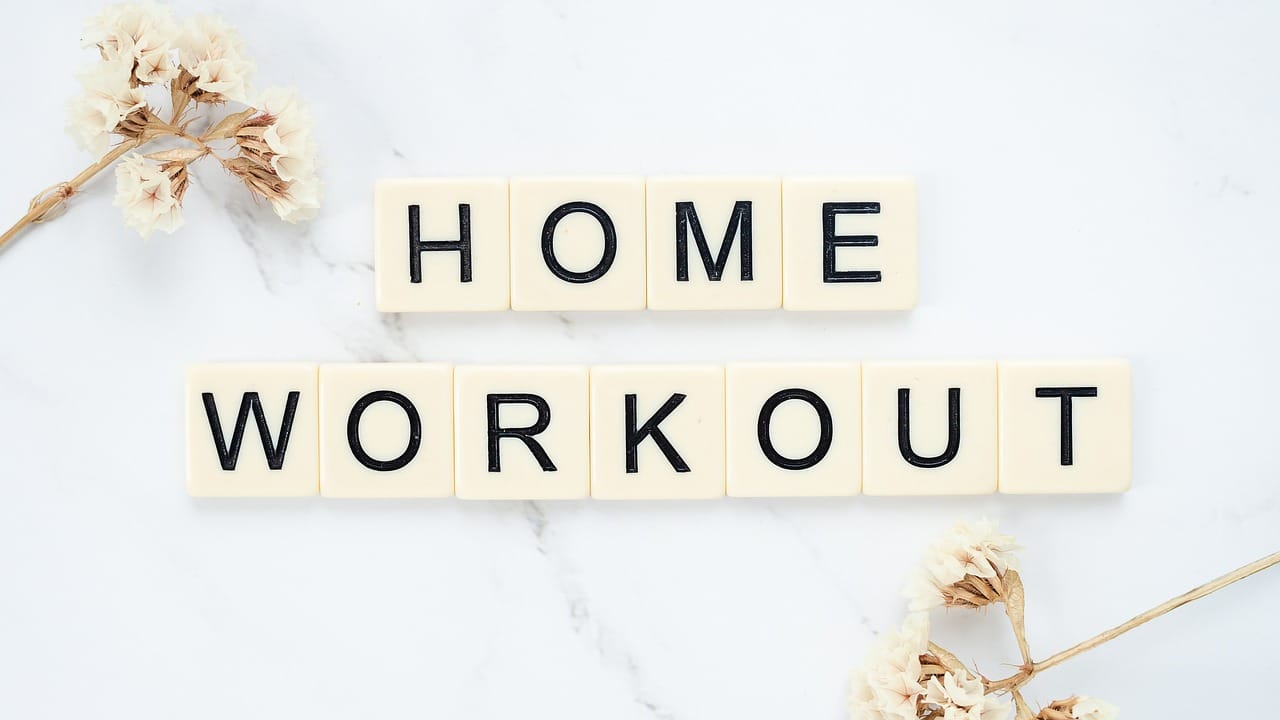
Get Race-Ready: Home Triathlon Gear Perfect For New Athletes
That day that I signed up for my first triathlon feels like just yesterday. Your excitement, your nerves and the all consuming question: “What gear do I need?”. 🤔 It must be pretty much the same if you’re a beginner triathlete. Trust me, I’ve been there!
Get Race-Ready: Home Triathlon Gear Perfect For New Athletes
Getting started in the world of triathlon gear can be overwhelming for beginners. It costs a fair amount of money, but the good news is that you don’t have to refinance your home in order to go racing. With the correct home setup, you can train at least as effectively and even get ready for your big day (if it is still a long way off) without having to leave the house! In this blog post, I am going to run you along everything that helped me during my transition from a couch potato into completing a triathlon. Swim caps to bike trainers, running shoes to transition mats…yep you’re covered here. We hope this beginner guide to home triathlon gear has inspired you to get started on your journey as a new age triathlete. Here is what each discipline will need to get started!
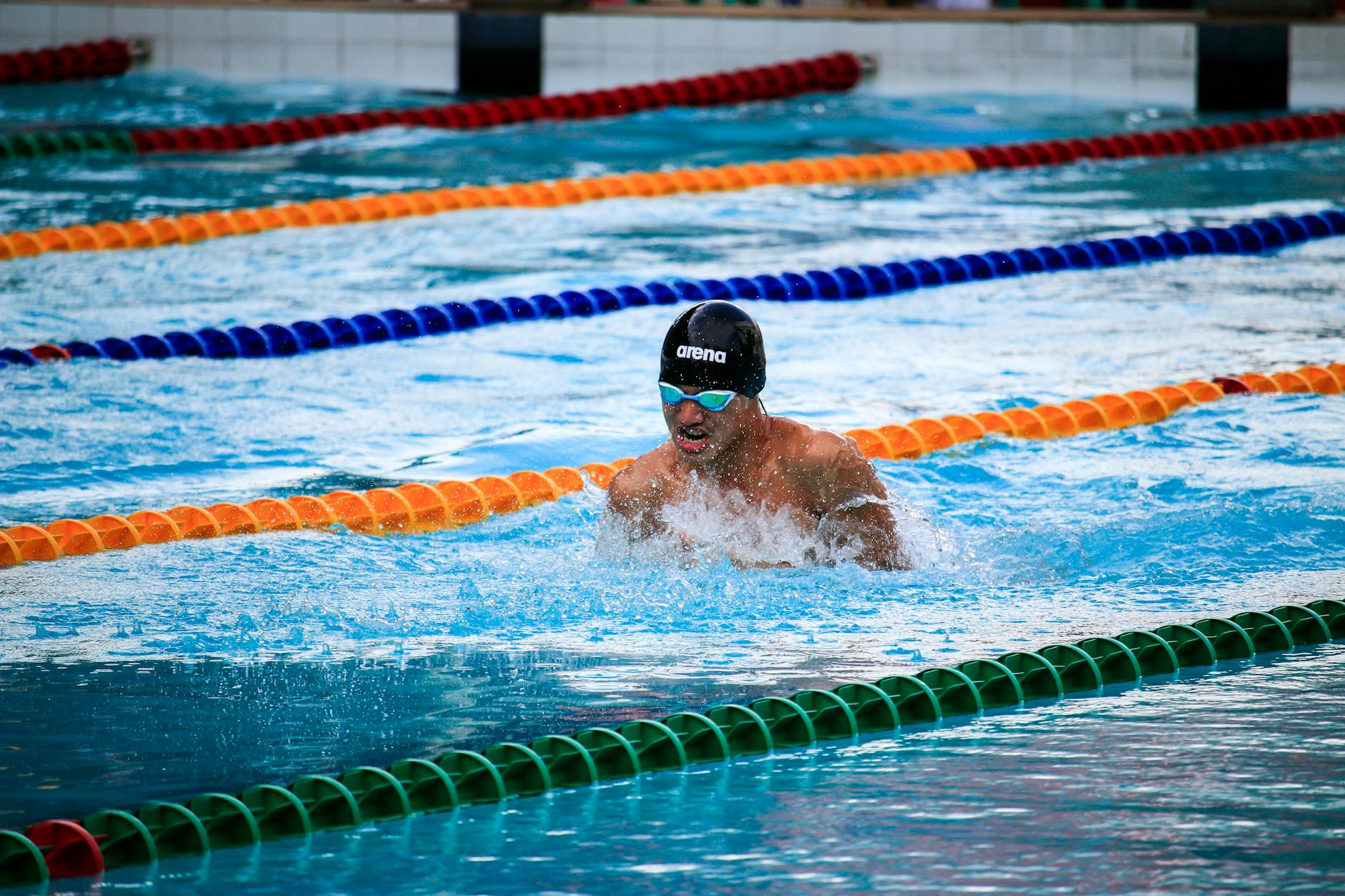
Get Race-Ready: Home Triathlon Gear Perfect For New Athletes
Essential Swim Gear for Beginners
As a new triathlete, I know how overwhelming it can be to choose the right gear for your first race. Let’s dive into the essential swim gear you’ll need to get started.
A. Choosing the Right Swimsuit
When it comes to swimsuits, I’ve learned that comfort and functionality are key. For training, I prefer a durable, chlorine-resistant suit. For race day, I opt for a tri-suit that I can wear throughout all three disciplines. Here’s a quick comparison:
| Suit Type | Pros | Cons |
|---|---|---|
| Training Suit | Durable, affordable | Not suitable for racing |
| Tri-suit | Versatile, reduces transition time | More expensive |
B. Goggles: Your Underwater Eyes
I can’t stress enough how important a good pair of goggles is. They protect my eyes from chlorine and help me see clearly underwater. When choosing goggles, I consider:
- Fit: Snug but not too tight
- Anti-fog coating
- UV protection for outdoor swims
C. Swim Caps: More Than Just Fashion
Swim caps aren’t just for keeping my hair dry. They actually help reduce drag in the water, making me more streamlined and efficient. I always keep a few spares in my bag, as they can tear unexpectedly.
Now that we’ve covered the swim essentials, let’s move on to the cycling gear you’ll need as a new triathlete. Get Race-Ready: Home Triathlon Gear Perfect For New Athletes
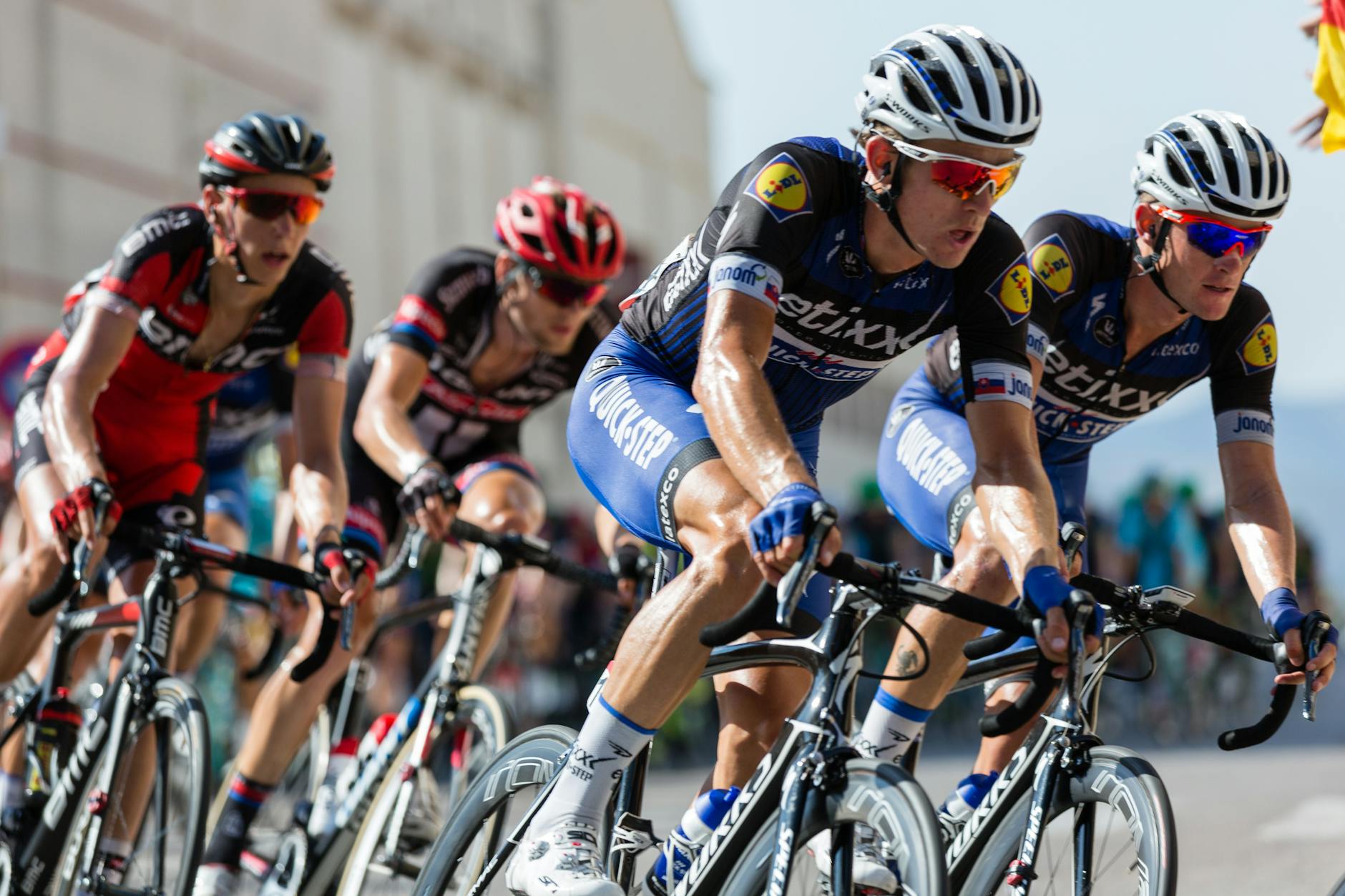
Get Race-Ready: Home Triathlon Gear Perfect For New Athletes
Cycling Essentials for New Triathletes
Now that we’ve covered the essential swim gear, let’s dive into the cycling portion of your triathlon journey. As a new triathlete, I know how overwhelming it can be to choose the right cycling gear. Here’s what I’ve learned from my experience:
A. Finding Your Perfect Entry-Level Bike
When I started, I quickly realized that the right bike can make or break your performance. For beginners, I recommend looking for an entry-level road bike or a versatile hybrid. Here’s a quick comparison:
| Bike Type | Pros | Cons |
|---|---|---|
| Road Bike | Faster, more aerodynamic | More expensive, less comfortable |
| Hybrid | Versatile, comfortable | Slower, heavier |
B. Helmet Safety and Selection
Safety first! I always prioritize a well-fitting helmet. Look for:
- CPSC certification
- Proper fit (snug but not tight)
- Adequate ventilation
C. Cycling Shoes: Clip-in vs. Regular
I was hesitant about clip-in shoes at first, but they’ve significantly improved my performance. Here’s a breakdown:
- Clip-in shoes: Better power transfer, improved efficiency
- Regular shoes: More comfortable, easier to transition
D. Bike Shorts for Comfort on Long Rides
Trust me, comfortable bike shorts are a game-changer. I prefer padded shorts with:
- Moisture-wicking fabric
- Seamless design to prevent chafing
- Proper fit to avoid bunching
With these essentials, you’ll be well-equipped for the cycling leg of your triathlon. Next, we’ll explore the running gear that can boost your performance and comfort during the final stretch of the race.
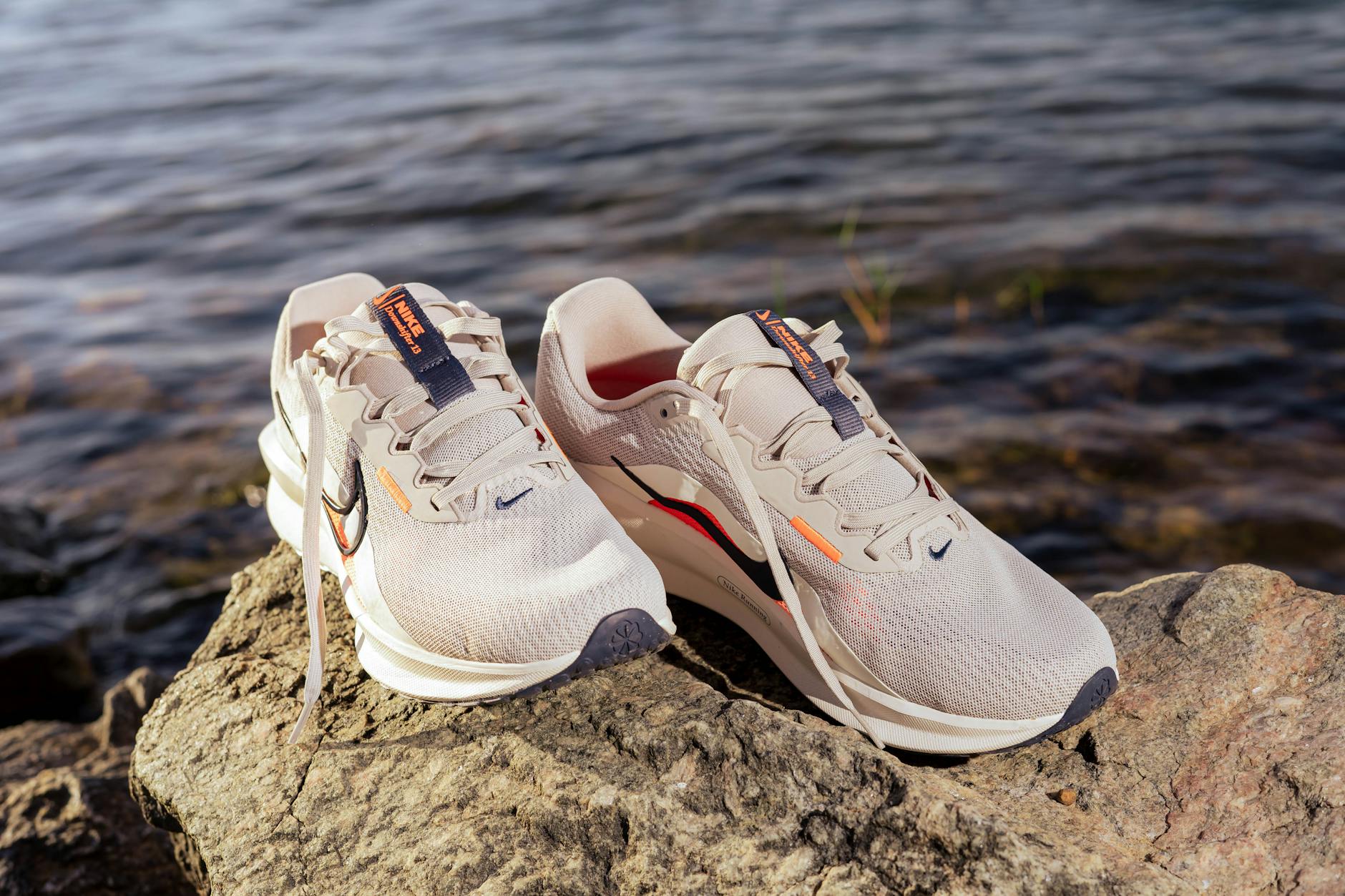
Get Race-Ready: Home Triathlon Gear Perfect For New Athletes
Running Gear to Boost Performance
Now that we’ve covered cycling essentials, let’s focus on the running gear that’ll help boost your performance. As a triathlete, I know firsthand how crucial it is to have the right equipment for each discipline.
Selecting the Ideal Running Shoes
When it comes to running shoes, I can’t stress enough how important it is to find the perfect fit. Here’s a quick comparison of different types of running shoes:
| Shoe Type | Stability | Cushioning | Best For |
|---|---|---|---|
| Neutral | Moderate | Balanced | Most runners |
| Stability | High | Firm | Overpronators |
| Minimalist | Low | Minimal | Experienced runners |
I recommend visiting a specialty running store for a gait analysis to determine which type suits you best.
Moisture-Wicking Apparel for Race Day
Comfort is key during the run leg of a triathlon. I always opt for moisture-wicking fabrics that keep me dry and comfortable. Here’s what I consider essential:
- Lightweight, breathable shorts or tights
- Quick-drying technical t-shirt or singlet
- Reflective gear for early morning or evening runs
Running Socks: Prevent Blisters and Chafing
Don’t underestimate the importance of good socks! I’ve learned that the right pair can make all the difference in preventing blisters and chafing. Look for socks that are:
- Seamless
- Moisture-wicking
- Cushioned in high-impact areas
With the right running gear, you’ll be well-prepared for the final leg of your triathlon. Next, we’ll dive into the must-haves for your transition area.
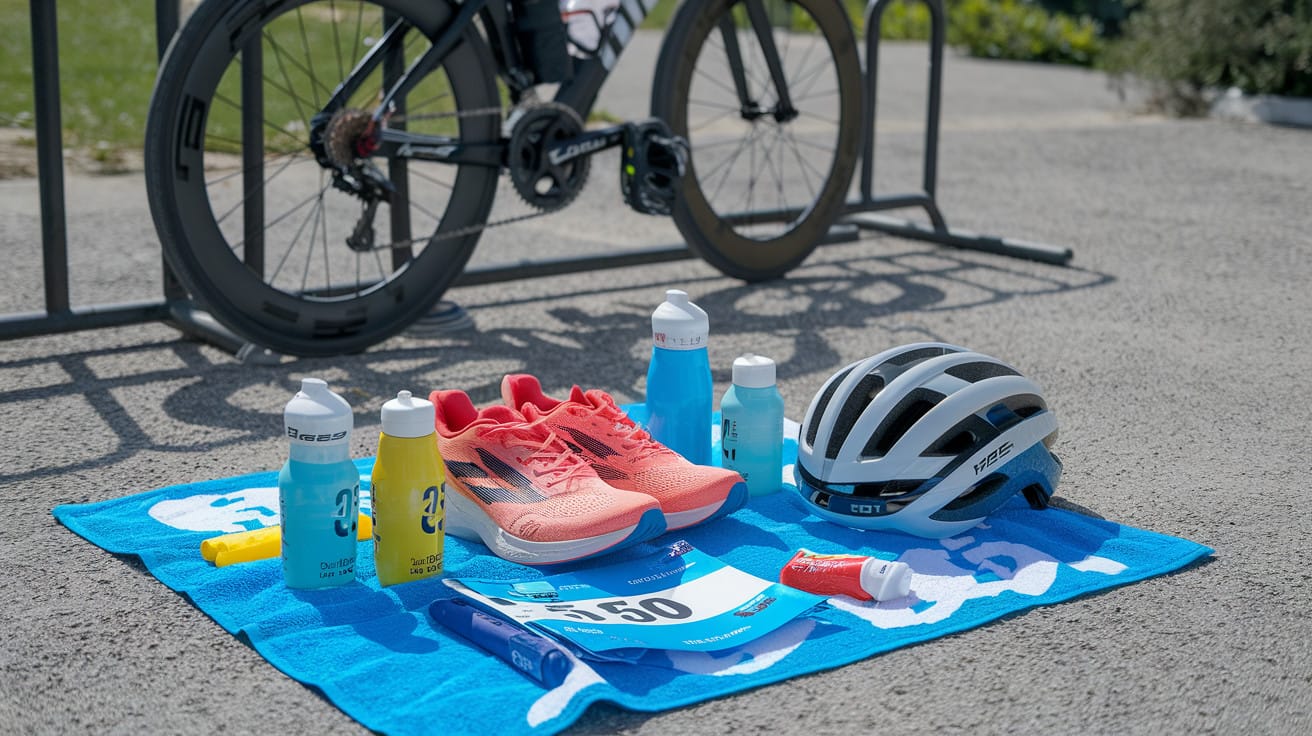
Get Race-Ready: Home Triathlon Gear Perfect For New Athletes
Transition Area Must-Haves
Now that we’ve covered the essentials for each discipline, let’s dive into the gear you’ll need for a smooth transition. As a triathlete, I can’t stress enough how crucial a well-organized transition area is for a successful race.
Race Belt: Quick and Easy Bib Changes
I always make sure my race belt is at the top of my transition area checklist. It’s a simple yet game-changing piece of equipment. Here’s why I love it:
- Allows for quick bib number changes between disciplines
- Eliminates the need for safety pins on your clothes
- Adjustable for comfort during the run
Towels: Small but Mighty
I never underestimate the power of a good towel in my transition area. Here’s how I use them:
- Dry off quickly after the swim
- Wipe down feet before putting on socks and shoes
- Create a clean surface for gear organization
Transition Mat: Organize Your Gear
A transition mat is my secret weapon for a speedy transition. Here’s a breakdown of how I arrange my gear on the mat:
| Left Side | Center | Right Side |
|---|---|---|
| Cycling shoes | Towel | Running shoes |
| Helmet | Sunglasses | Socks |
| Bike gloves | Race belt | Hat/visor |
By having everything laid out in a logical order, I can move through my transition efficiently, saving valuable seconds in the race.
Next, we’ll explore some essential training tools you can use at home to prepare for your triathlon adventure.
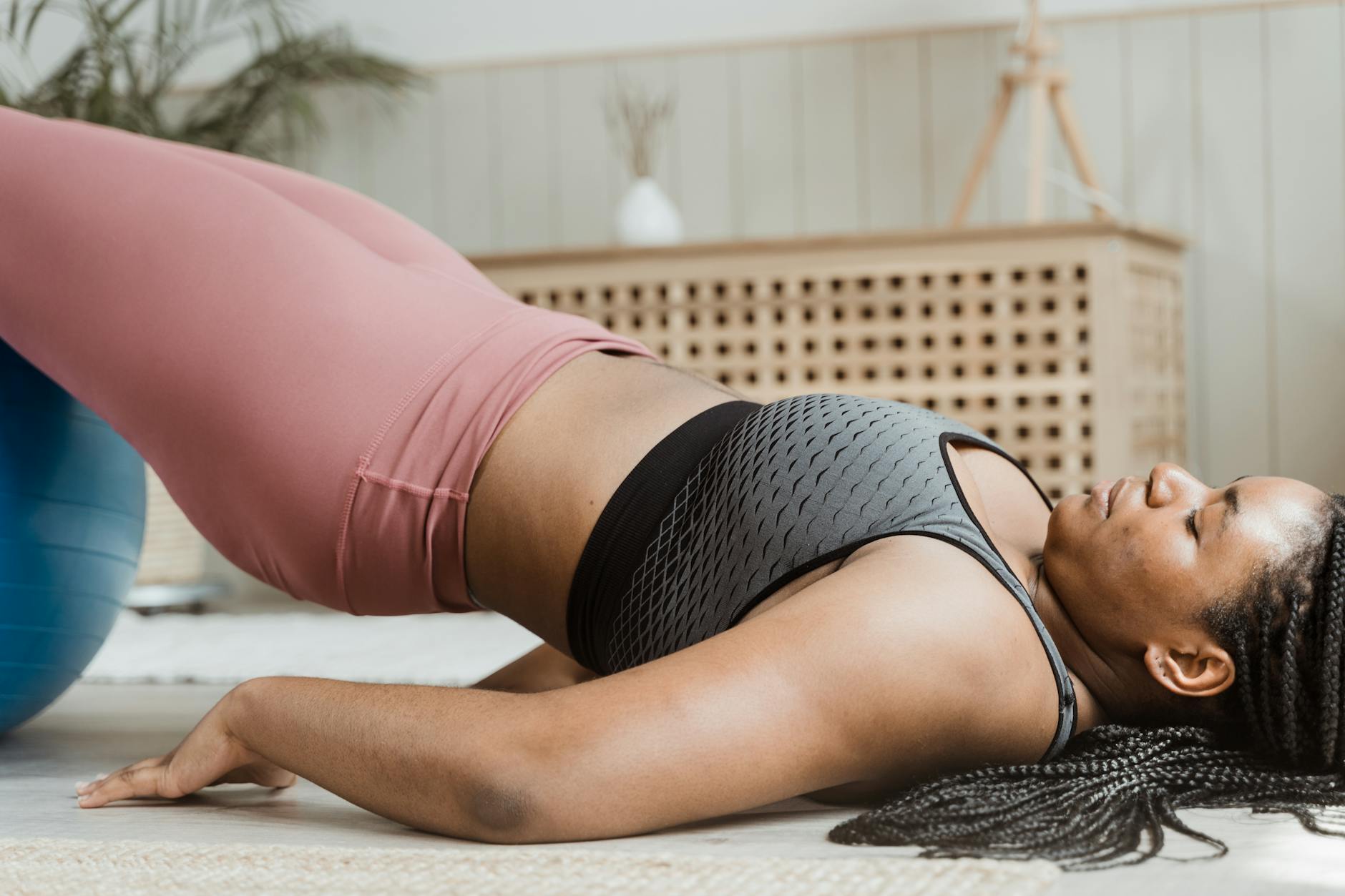
Get Race-Ready: Home Triathlon Gear Perfect For New Athletes
Training Tools for Home Workouts
As a triathlete, I know how important it is to have the right equipment for home workouts. Let me share some essential training tools that have been game-changers for my triathlon preparation.
Resistance Bands for Strength Training
Resistance bands are my go-to for strength training at home. They’re versatile, portable, and incredibly effective. I use them to target specific muscle groups crucial for swimming, cycling, and running. Here’s a quick breakdown of my favorite exercises:
| Exercise | Muscle Group | Triathlon Benefit |
|---|---|---|
| Band Pull-Aparts | Upper Back | Improves swimming posture |
| Squats with Band | Legs | Enhances cycling power |
| Lateral Walks | Glutes | Boosts running stability |
Foam Roller: Your Personal Massage Therapist
My foam roller is like having a personal massage therapist at home. I roll out my muscles after intense workouts to reduce soreness and improve flexibility. It’s especially helpful for:
- Calves
- Quadriceps
- IT Bands
Indoor Bike Trainer: Weather-Proof Cycling
When the weather doesn’t cooperate, my indoor bike trainer is a lifesaver. I can maintain my cycling regimen regardless of outdoor conditions. It’s perfect for:
- Interval training
- Long endurance rides
- Technique refinement
Swim Cords: Dry Land Swimming Practice
Swim cords have revolutionized my dry land training. They allow me to practice my swim stroke technique and build swim-specific strength without access to a pool. I focus on:
- Perfecting stroke mechanics
- Increasing pull strength
- Improving endurance
With these home training tools, I’ve been able to maintain consistent training and see significant improvements in my triathlon performance.
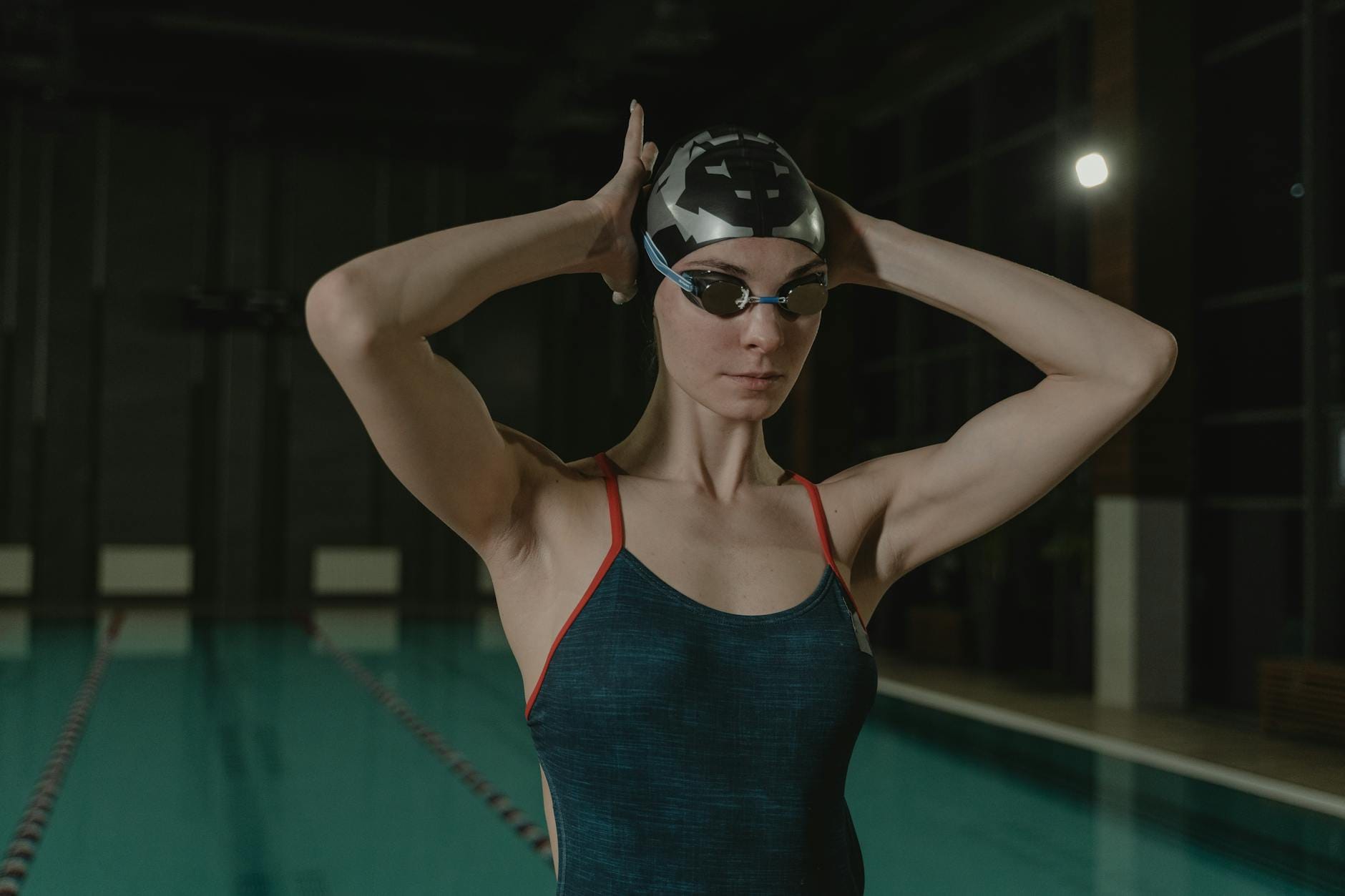
Get Race-Ready: Home Triathlon Gear Perfect For New Athletes
Thinking about the mandatory gear for newer triathletes reminds me of how daunting it is to just begin this amazing adventure. We talk swim goggles, bike shorts, run shoes and transition mats,— plus how to pick them. However, as a reminder: the key thing is to start simple and take only baby steps.
Get Race-Ready: Home Triathlon Gear Perfect For New Athletes
I suggest you just to keep the basics of each sport — swimming, cycling and running — in your pack for a while. Later on add new tricks (disciplines) as much as adjust with time! Transition area gear and home training tools to use them between events can also add a lot your workout output. Just get into the right equipment and head out with a mission, you will soon be up to your ears trotting in your first sprint triathlon. Get pumped, keep tuned and take the challenge headpowers. Let the triathlon journey begin!
